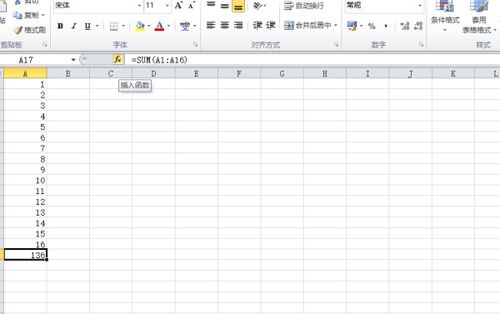如何编写接受无限参数的函数?函数、参数
I have only been able to find one way for functions to take a variable amount of arguments. It's this way:
#include <iostream>
#include <stdarg.h>
using namespace std;
void Print(int argumentAmount, ... );
int main()
{
Print(5,11,22,33,44,55);
}
void Print(int argumentAmount, ... ){
va_list arguments;
va_start(arguments, argumentAmount);
int parameter;
for(int i = 0; i < argumentAmount; ++i ){
parameter = va_arg(arguments, int);
cout << parameter << endl;
}
va_end(arguments);
return;
}
2 Problems: 1.) I have to specify how many arguments I'm sending in- not desirable 2.) I can't figure out how to modify it so it will output strings.

Would something like this be possible without having to overload the function multiple times:
void Output(/*not sure how this would look*/);
int main(){
Output("hello","world");
Output("this","is","a","test");
Output("As","many","strings","as","you","want","may","be","passed","in");
return 0;
}
void Output(/*not sure how this would look*/){
//loop through each string passed in and output it
}
What about this:
void Capitalize(/*all passed by reference*/);
int main(){
string s1 = "hello";
string s2 = "world";
string s3 = "this";
string s4 = "is";
string s5 = "a";
string s6 = "test";
string s7 = "as";
string s8 = "many";
string s9 = "strings";
string s10 = "as";
string s11 = "you";
string s12 = "want";
Capitalize(s1,s2);
Capitalize(s3,s4,s5,s6);
Capitalize(s7,s8,s9,s10,s11,s12);
return 0;
}
void Capitalize(/*all passed by reference*/){
//capitalize each string passed in
}
All I can think to do is: -overload the function multiple times -have the function accept some type of container instead
If this is NOT POSSIBLE, could someone explain why the compiler is not capable of accomplishing a task like this.
解决方案With variadic templates in C++11, you can do something like this (see the result at ideone)
#include <string>
#include <iostream>
void Output() {
std::cout<<std::endl;
}
template<typename First, typename ... Strings>
void Output(First arg, const Strings&... rest) {
std::cout<<arg<<" ";
Output(rest...);
}
int main() {
Output("I","am","a","sentence");
Output("Let's","try",1,"or",2,"digits");
return 0;
}









